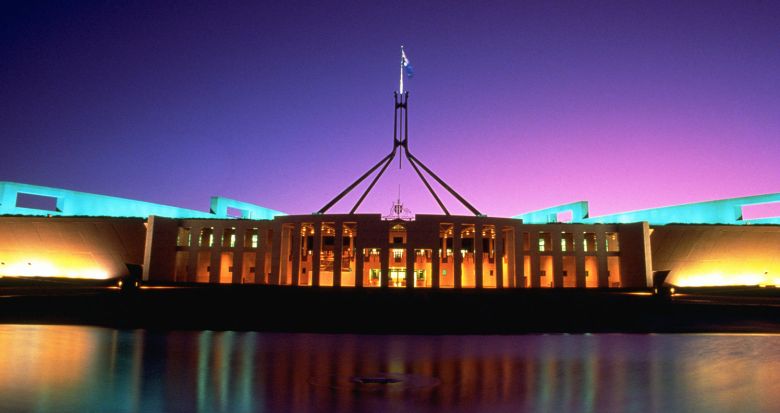
With Australia facing its gravest economic crisis in a century, the Federal Government must provide a “real plan” for job creation and national economic reconstruction to protect the livelihoods of Australian workers and businesses, according to the Shadow Government and the Australian Council of Trade Unions (ACTU).
ACTU President Michele O’Neil said Australia needs a comprehensive strategy that will create a stronger, fairer Australia on the other side of this pandemic for the huge numbers of people currently looking for work or needing more hours.
“This crisis has had an unprecedented impact on working people and the economy. People need confidence that Australia isn’t going from recession to depression,” O’Neil said.
“We have lost 870,000 jobs between March and May; a million people have had their hours reduced; unemployment is expected to peak above nine per cent. We know that the effective unemployment rate is much higher. Wage growth for 2020-2021 is projected at just 1.25 per cent, the lowest on record.
“No one wants to see people fall through the gaps which is why we need to continue support for JobKeeper and JobSeeker while government creates more secure local jobs and training opportunities.
“We need paid pandemic leave for all working people. No one should face a financial penalty or risk losing their job so that they can isolate or get tested. This needs to happen immediately. Programs need to be targeted to the people and industries who need them. If we don’t look after people they can’t look after the economy.”
The comments follow the Federal Government’s recently released economic and fiscal update which showed the impact of the COVID-19 pandemic on Australia’s finances.
In the economic and fiscal update, Federal Government treasurer Josh Frydenberg identified that the government is providing economic support for workers, households and businesses of around $289 billion, or the equivalent of 14.6 per cent of GDP.
According to the report, the economic support, coupled with declines in taxation receipts of $31.7 billion in 2019-20 and $63.9 billion in 2020-21, has significantly impacted the budget position. Payments variations, including in demand driven programs, also increased by $15.7 billion, predominantly as a result of the impact of the COVID-19 pandemic on the economy.
Specific to business support, the government has rolled out a number of initiatives that includes the extension of a tapered JobKeeper payment scheme (which was met by mixed reactions from the industry), support for SMBs, an increase to the instant asset write-off threshold, the launch of a $2 billion JobTrainer Skills Package, and the Jobactive funding arrangement amendments amongst others.
“The global COVID-19 pandemic is a once-in-a-century shock. It is placing immense pressure on health systems and economies all around the world,” Frydenberg said.
“The government has acted swiftly and decisively to address the significant impacts of COVID-19 on Australia’s health system, the economy and jobs, by providing an unprecedented level of support to assist households, keep businesses in business and keep Australians in jobs.”
Shadow treasurer Jim Chalmers said the budget update is a “missed opportunity to outline a plan for the recovery and job creation”.
“Australians already know the economy is in bad shape – they need to hear what the Federal Government is going to do about it. With nearly one million Australians unemployed and another 240,000 expected to be unemployed by Christmas, Australians need and deserve a plan to tackle the jobs crisis and create well-paid, secure jobs into the future,” Chalmers said.
According to Chalmers, the budget update fails to provide: a comprehensive plan for the recovery, with no new policies to tackle the jobs crisis; the usual four-year economic and budget forecasts, despite the RBA releasing its full forecasts in May; the structural damage to the budget, beyond record debt of $851.9 billion and a deficit of $184.5 billion for this year; and information on how long it will take to get jobs back on track and tackle high unemployment.
“We don’t want to see a jobless recovery where even more Australians are left behind and held back,” Chalmers added.
As the economic and fiscal outlook remains highly uncertain, the Federal Government is expected to provide forecasts and projections over the forward estimates period and medium-term in the 2020-21 budget, to be delivered on 6 October.
Comment below to have your say on this story.
If you have a news story or tip-off, get in touch at editorial@sprinter.com.au.
Sign up to the Sprinter newsletter


